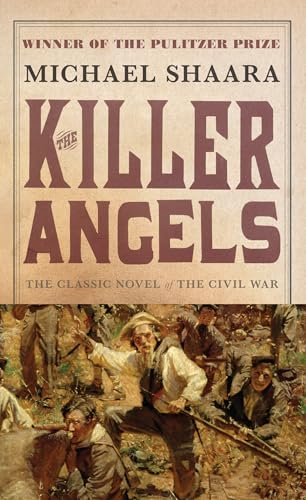 Yet another book about World War II may seem like a yawner. Because, seriously, what hasn’t been written about the subject already? With the history side of things well-documented, most new books delve into personal accounts of the war years. In Never Surrender, British author Michael Dobbs does just that, but with a twist. The result is, according to the cover, “A novel of Winston Churchill.”
Yet another book about World War II may seem like a yawner. Because, seriously, what hasn’t been written about the subject already? With the history side of things well-documented, most new books delve into personal accounts of the war years. In Never Surrender, British author Michael Dobbs does just that, but with a twist. The result is, according to the cover, “A novel of Winston Churchill.”
Historical fiction can bring out the best or worst in a writer. Sometimes the author is an academic with nothing but names, dates and the question: What if? That approach often manifests itself in hundreds of pages consisting of too much history and not enough fiction. Other times the perfect balance is achieved, as with Michael Shaara’s The Killer Angels, a novel about the Civil War battle at Gettysburg.
After reading this 316-page novel, it’s clear the historical fiction genre suits Dobbs well. Never Surrender strikes the right balance.
The book is set primarily in 1940, in the weeks leading up to and including Great Britain’s desperate retreat from the European mainland and Adolf Hitler’s advancing Nazi army. Churchill’s leadership was still in its infancy, and he had few allies, both in England and beyond. The book serves as a vivid reminder of just how close the island nation came to striking a deal with Germany, and how reluctant the United States was to offer military aid to its weakened ally.
But Churchill is not the only character in this book engaged in battle. Across the channel in France, a young medic and conscientious objector named Don Chichester witnesses the horrors of war as the dead and wounded are brought before him.
They laid him on the kitchen floor – the table was occupied – and a doctor slowly unwrapped the sodden cloth. Two terrified eyes stared out, but of the rest of the face there was almost nothing. No lower jaw, no tongue, no cheek, only those two staring eyes which understood it all. Fingers clutched Don’s sleeve with the force of a man under siege from pain he was incapable of resisting.
Such descriptions are used sparingly, making them all the more powerful, and realistic, for Don is soon separated from his unit and joined by a wounded French soldier in search of safety back in England.
By giving an equal amount of attention, and text, to the realities on the ground and to the decision-makers back in London, the novel deftly moves back and forth between the historical and the fictional. Churchill’s survival is certain; Don’s fate is less so.
Yet the two men share a similar handicap: Both are crippled by feelings of unfulfilled expectations set by their fathers. And it takes the unsolicited counsel of a foreigner for each to gain perspective.
Dobbs, who is a former advisor to prime ministers Margaret Thatcher and John Major, is no armchair historian. His proximity to England’s leaders has made him privy to the psychological burdens carried by those at the top. Furthermore, his experience as a newspaper reporter on both sides of the Atlantic is demonstrated by a fluid writing style full of English subtlety and wit.
While the 2003 book, rereleased in paperback this September, is the second in a series – Winston’s War (2002), Churchill’s Hour (2004) and Churchill’s Triumph (2005) – about events before, during and after World War II, it is undoubtedly capable of standing alone. Some readers may desire to see what comes next, but reading what comes before will require a 704-page commitment.
Of course, any piece of historical fiction opens itself up to sins of omission. Certain events are left unmentioned, meaning readers who have studied the second World War in depth might feel like moviegoers who watch a film adaptation of their favorite book.
At the same time, the opposite can be true for those not steeped in the history of World War II. Questions may linger throughout about whether certain characters are historical or fictional. Fear not, all is explained in the epilogue. But it’s safe to say that those who appear fictional are just that. So trust your literary instincts.







